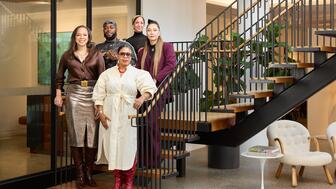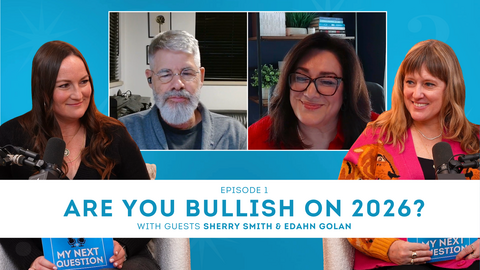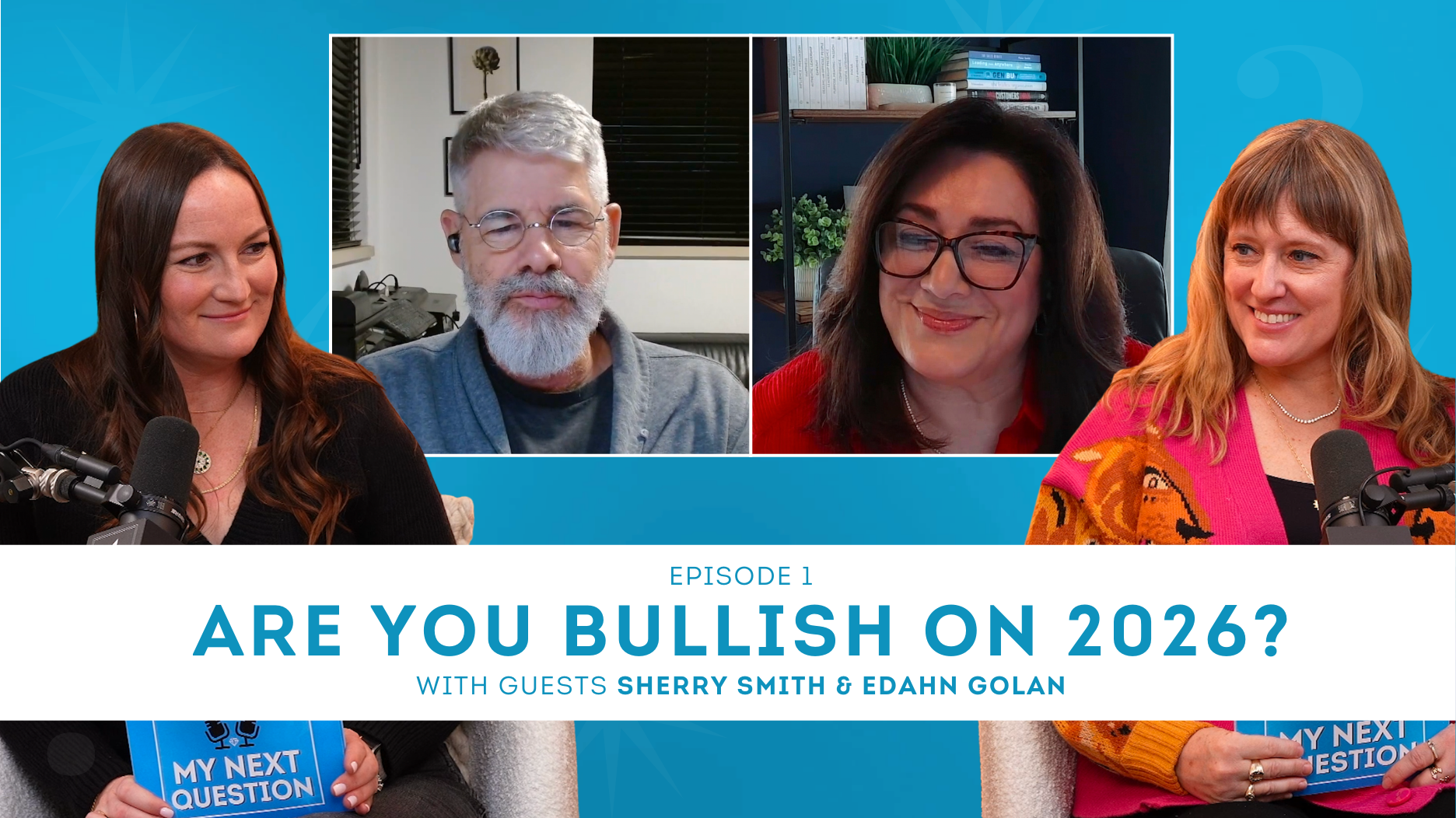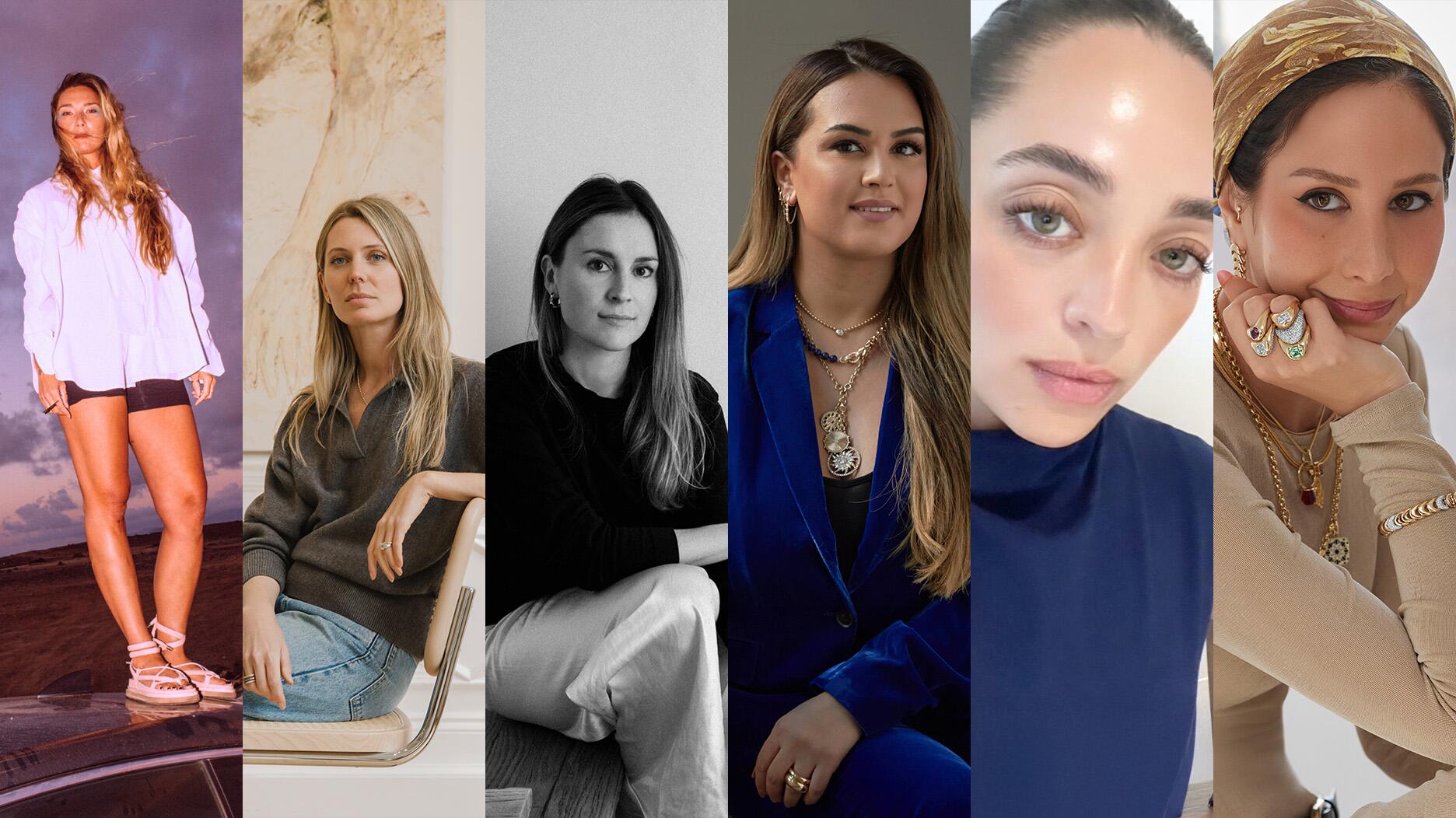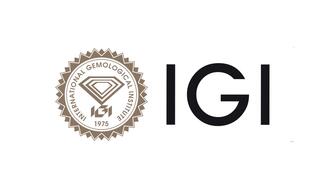IGI is buying the colored gemstone grading laboratory through IGI USA, and AGL will continue to operate as its own brand.
A report on grading reports
This week, WSMV-TV, an NBC affiliate in Nashville, Tenn., aired a two-part segment about Genesis Diamonds (not to be confused with lab-grown diamond company Gemesis), a local jewelry store that uses reports from EGL International, among other precious gemstone grading labs.

To me, the report that just aired in Tennessee seemed like a lot of he said-she said between the jeweler and others in the area who question the store’s business practices and use of EGL International certificates, as the lab has been said to over-grade diamonds.
For example: the “others” in the segment speaking out against Genesis claim that most of the diamonds the store sells have EGL International certificates. Genesis owner Boaz Ramon, meanwhile, said in the segment and told National Jeweler Thursday that 78 percent of his stones carry GIA certs while the rest are a mix among EGL USA, EGL International, IGI, AGS Labs and HRD Antwerp.
In the first of the two-part series, one of the gentlemen speaking out against this particular retailer says that Genesis is “basically changing the diamond market (and) the landscape in Nashville, and not for the good.”
But a myriad of other factors have changed the diamond market everywhere, including the Internet; consumers’ level of education about diamond buying; where, when and how consumers shop; a new generation with a different set of values and many more luxury items to choose from; the shrinking middle class … the list goes on.
What are retailers to do about it? I don’t claim to have all the solutions, but I don’t think complaining about competing jewelers use of EGL International is it. There’s nothing illegal about using these grading certificates.
In any industry, not just jewelry, all business people choose to run their operations differently. There’s nothing you can do about it. What you can control, however, is what goes on in your store. If you want to carry diamonds with EGL International certificates, then understand the alleged implications that go along with that and educate your customers accordingly.
If you choose not to carry diamonds from this lab, then understand that other retailers in your area might be carrying them, and be prepared to
At one point in the segment, the anchor uses the phrase “alphabet soup” in reference to the initials of the various grading laboratories, IGI, GIA, EGL, etc. This actually brought a smile to my face. What would she think of she really knew the full scope of the “alphabet soup” in the industry, the latest, and arguably greatest, of which is the Precious Stones Multi-Stakeholder Working Group, or the PSMSWG. (Just rolls off the tongue, doesn’t it?)
In any case, her “alphabet soup” comment was not only spot-on, and truer than she realizes, but it illustrates a larger point: This type of information--color grades, clarity grades, the different laboratories, diamond prices--is all very confusing for consumers.
When news reports like this one air, it doesn’t really do anybody in the industry any favors. What it mostly serves to do, instead, is to fuel consumer sentiment that jewelers are dishonest and that consumers potentially are getting ripped off every time they enter a jewelry store.
The Latest
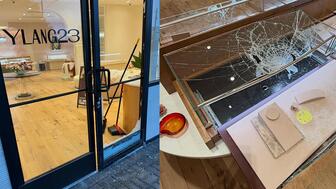
The Texas jeweler said its team is “incredibly resilient” and thanked its community for showing support.
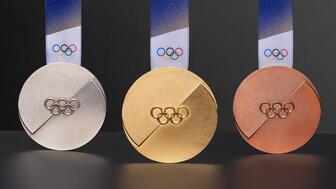
The medals feature a split-texture design highlighting the fact that the 2026 Olympics are taking place in two different cities.
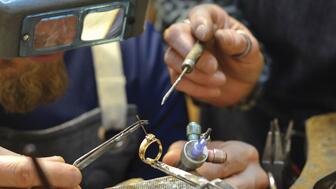
Launched in 2023, the program will help the passing of knowledge between generations and alleviate the shortage of bench jewelers.
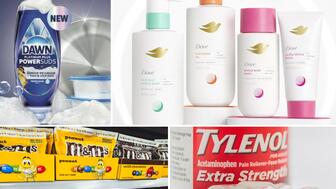
From tech platforms to candy companies, here’s how some of the highest-ranking brands earned their spot on the list.

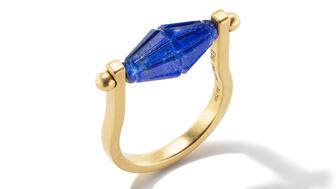
The “Khol” ring, our Piece of the Week, transforms the traditional Indian Khol drum into playful jewelry through hand-carved lapis.
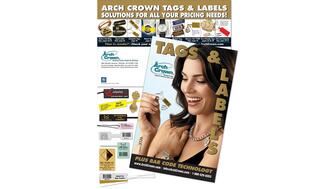
The catalog includes more than 100 styles of stock, pre-printed, and custom tags and labels, as well as bar code technology products.
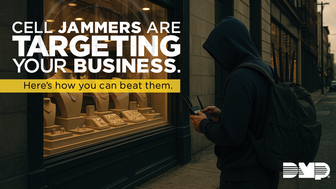
Criminals are using cell jammers to disable alarms, but new technology like JamAlert™ can stop them.
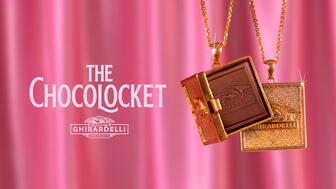
The chocolatier is bringing back its chocolate-inspired locket, offering sets of two to celebrate “perfect pairs.”
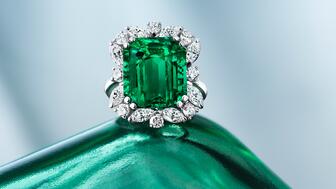
The top lot of the year was a 1930s Cartier tiara owned by Nancy, Viscountess Astor, which sold for $1.2 million in London last summer.
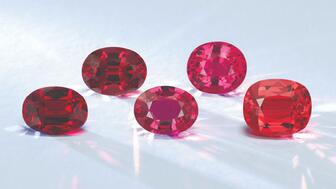
Any gemstones on Stuller.com that were sourced by an AGTA vendor member will now bear the association’s logo.

The Swiss watchmaker has brought its latest immersive boutique to Atlanta, a city it described as “an epicenter of music and storytelling.”
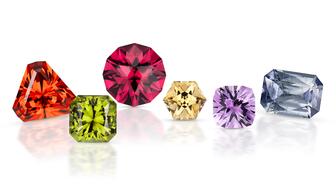
The new addition will feature finished jewelry created using “consciously sourced” gemstones.

In his new column, Smith advises playing to your successor's strengths and resisting the urge to become a backseat driver.

The index fell to its lowest level since May 2014 amid concerns about the present and the future.
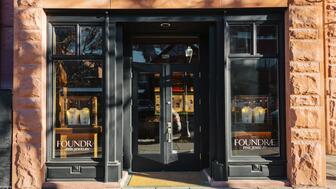
The new store in Aspen, Colorado, takes inspiration from a stately library for its intimate yet elevated interior design.
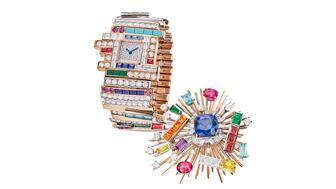
The brands’ high jewelry collections performed especially well last year despite a challenging environment.
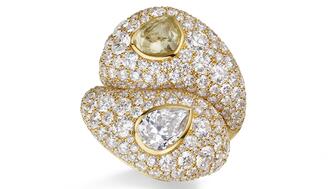
The collection marks the first time GemFair’s artisanal diamonds will be brought directly to consumers.
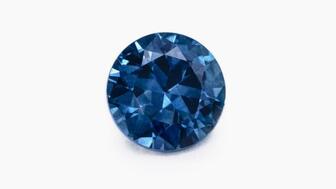
The initial charts are for blue, teal, and green material, each grouped into three charts categorized as good, fine, and extra fine.

The new tool can assign the appropriate associate based on the client or appointment type and automate personalized text message follow-ups.
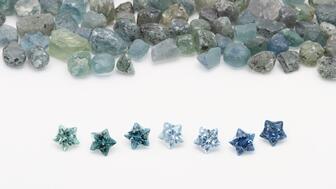
Buyers are expected to gravitate toward gemstones that have a little something special, just like last year.

Endiama and Sodiam will contribute money to the marketing of natural diamonds as new members of the Natural Diamond Council.
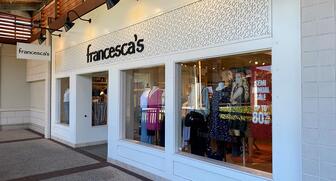
The retailer operates more than 450 boutiques across 45 states, according to its website.

The new members’ skills span communications, business development, advocacy, and industry leadership.

The jeweler’s 2026 Valentine’s Day campaign, “Celebrating Love Stories Since 1837,” includes a short firm starring actress Adria Arjona.
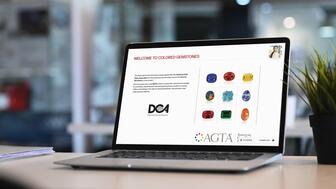
The new features include interactive flashcards and scenario-based roleplay with AI tools.

Family-owned jewelry and watch retailer Deutsch & Deutsch has stores in El Paso, Laredo, McAllen, and Victoria.

